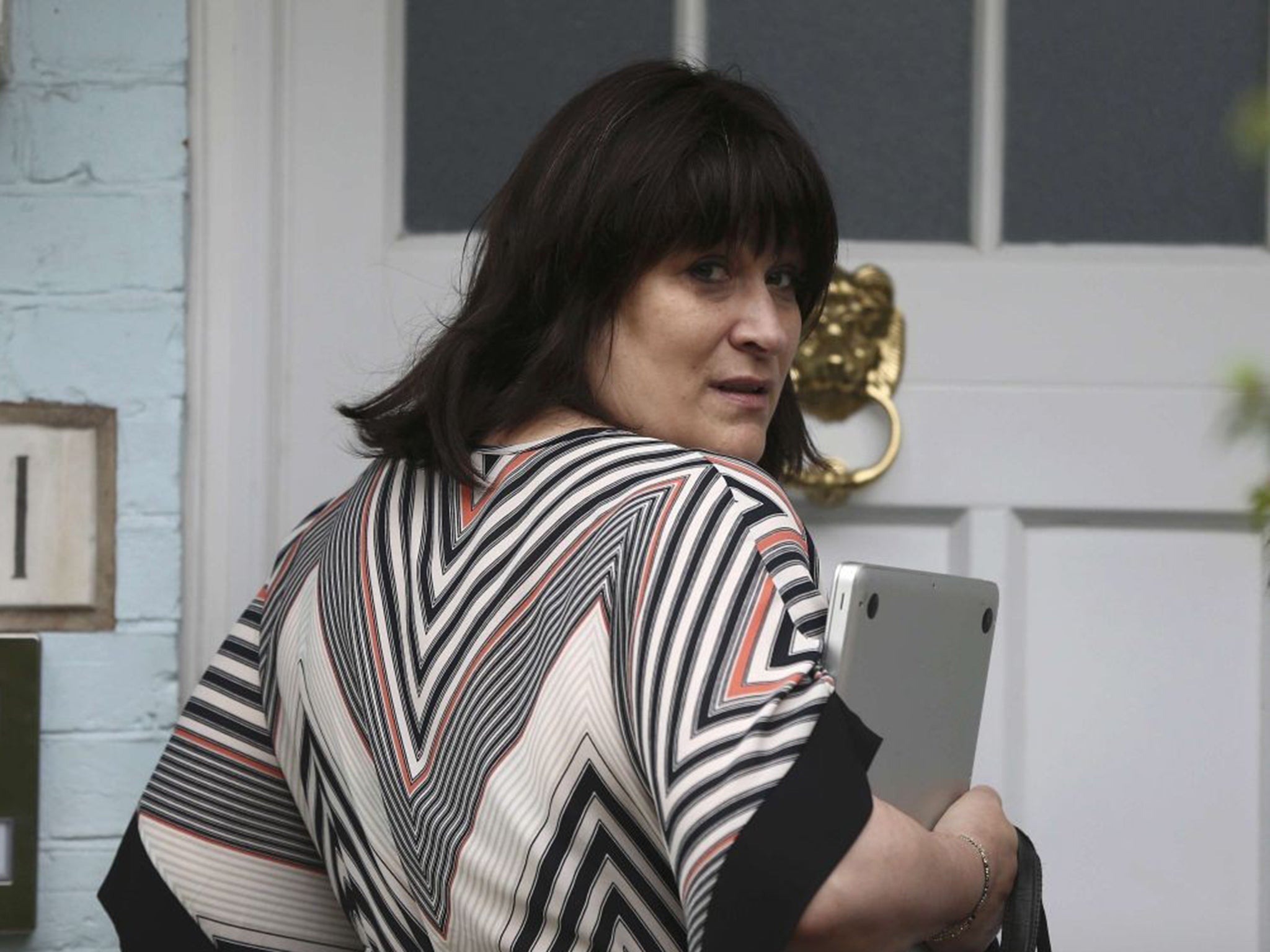Sarah Vine’s desire to be wolf-whistled really does show how women have learned to cope with street harassment
Street harassment is about power. It’s about how men who engage in jeering, cat calling and groping are taking ownership of the public space. They’re saying: this is ours and if you enter it, you and your body are fair game


Another day, another poorly-articulated column designed to appeal to the kind of people who love carping on about how sensitive the younger generation are, but get upset when they realise that you’re referring to them when you talk about suffering the “racist uncle” at Christmas dinner.
In this particularly delightful epistle, Sarah Vine tells us in her column how foolish she was as a young person, choosing the evils of socialism, feminism and cider over what I’m only assuming are now her current preferences for widening inequality, reinforcing the glass ceiling, and quaffing down champagne mixed with the tears of refugee children.
Sarah Vine wishes she’d taken the time to appreciate street harassment when she was younger because now she’s old and ignored, she misses men leaning out of vans and shouting “big titted bitch” at her.
Honestly, who can blame her? I think all women will agree that one of the greatest joys in life is waiting for a complimentary catcall, like “nice arse” or “sit on my d**k”. And if you fail to respond appropriately, the shouting switches seamlessly to “f**king whore” or “stuck-up slag”, because it was never really about giving you a compliment in the first place. I can see why she pines for those halcyon days.
As the founder of Everyday Sexism Laura Bates writes so accurately, “street harassment is no more about compliments than rape is about sex”. Street harassment is about power. It’s about how men who engage in jeering, cat calling and groping are taking ownership of the public space. They’re saying: this is ours and if you enter it, you and your body are fair game.
Everyone should be able to go about their daily business free from the fear and shame that often comes with being harassed. It’s hard to feel sufficiently “complimented” when you’ve gone back home to change after a charming stranger calls you a slut for wearing shorts in summer. Or you’re walking home at night with your keys between your fingers or pretending to make a phone call so the group of men walking behind you will leave you alone.
Women of all ages and from all walks of life have contributed to the Everyday Sexism project in their hundreds of thousands, to recount disturbingly quotidian instances of street harassment. Sadly, LGBT women and women of colour face more systematic abuse than their straight-presenting white counterparts due to the ugly mingling of sexism, racism and homophobia.
Nevertheless, Sarah Vine’s point that she doesn’t receive the same attention now as she did when she was younger is perhaps one worth addressing. Women are too often written off as they get older, seen as asexual and matronly. A very basic example of this is the sexism in Hollywood towards older female actors, receiving fewer choices of roles and fewer lines of dialogue in those roles. At 37, Maggie Gyllenhaal was already deemed “too old” to play the love interest of a man 18 years her senior. It’s also true that in film and TV, the stories of older women are not often seen as worth telling.
Vine is right to be dismayed that she has to practically “light a flare” in order to get served in a bar (although that might be because the bar staff are not long out of the education system that her husband Michael Gove systematically gutted). However, the invisibility of older women is precisely due to the sexism Vine feels she was silly enough to believe in as a university student. It’s only when we judge women solely on their physical attractiveness and their fertility that young women become more valuable and more worthy of notice.
The answer is not for young women to somehow appreciate being harassed during the bloom of their youth, it’s to challenge sexism and dismantle the culture in which your choice is between being groped and shouted at, and being ignored.
Street harassment is part of a culture of sexism where men believe they are entitled to the bodies of women, starting with intrusive personal comments and jeering, and ending with abuse, rape and, tragically, deadly violence enacted by intimate partners at the other end of the scale.
In Britain, 87 per cent of women have been forced to take a different route when travelling to avoid harassment, and 67 per cent have felt they needed to change their clothes as a result. Street harassment creates a hostile, unwelcome environment for women, where we feel scrutinised and uncomfortable just for stepping outside. It’s not a compliment, and it needs to stop.
Join our commenting forum
Join thought-provoking conversations, follow other Independent readers and see their replies
Comments
Bookmark popover
Removed from bookmarks